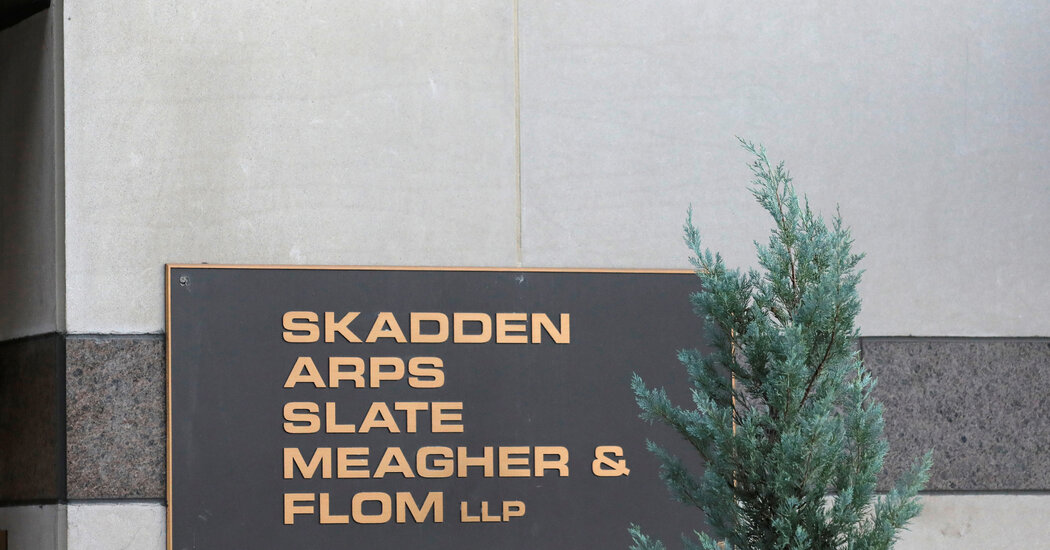
Borrowing overshoot will test Rachel Reeves’s resolve on tax rises
February’s public finances data, published on Friday, is only likely to make Rachel Reeves more convinced that she needs to take action at next Wednesday’s spring statement.
Despite scepticism from economists and some colleagues, including in the cabinet, Reeves is determined to make spending cuts, including the £5bn reduction in welfare spending already announced, to restore the headroom against her self-imposed fiscal rules.
February’s data underscored why she believes something has to be done.
The government borrowed £10.7bn in February, against the £6.5bn that the Office for Budget Responsibility had estimated, in the light of Reeves’s budget.
It is not surprising there are pressures: growth has been weaker than expected, and borrowing costs higher, as global markets have driven up interest rates. And tax receipts always bounce around at the start of the year because of the timing of self-assessment returns.
However, the Office for National Statistics said this was the fourth highest borrowing for a February since records began in 1993 (the three others occurring in the wake of the global financial crisis and during the Covid pandemic).
After Reeves set out her tax and spending plans in October, the OBR was expecting borrowing for the full fiscal year to be £127.5bn. But Friday’s data shows the government has already borrowed £132.2bn, with March still to go.
Total public sector net debt, which ballooned during the pandemic, having already been driven up by the banking bailouts and a decade of sluggish growth, stood at 95.5% of GDP in February.
As the ONS said, that was 0.1 percentage points higher than a year ago and “remains at levels last seen in the early 1960s”.
after newsletter promotion
Treasury insiders are fond of pointing out that this is a crucial difference between the UK and Germany – whose recent decision to ramp up borrowing to pay for defence some in Labour would like Reeves to follow. Germany’s debt-to-GDP ratio is about 63%.
While Reeves is likely to read Friday’s figures as fresh vindication for her decision to make spending cuts next week, some analysts argue that more radical action will eventually have to be taken, given the pressing demand for defence spending, and this unhappy fiscal backdrop.
James Smith, an economist at the bank ING, said the February data underlined the fact that “cost-cutting can only go so far, and barring a surprise boost to UK growth this summer, we think further tax hikes look inevitable in the autumn”.








